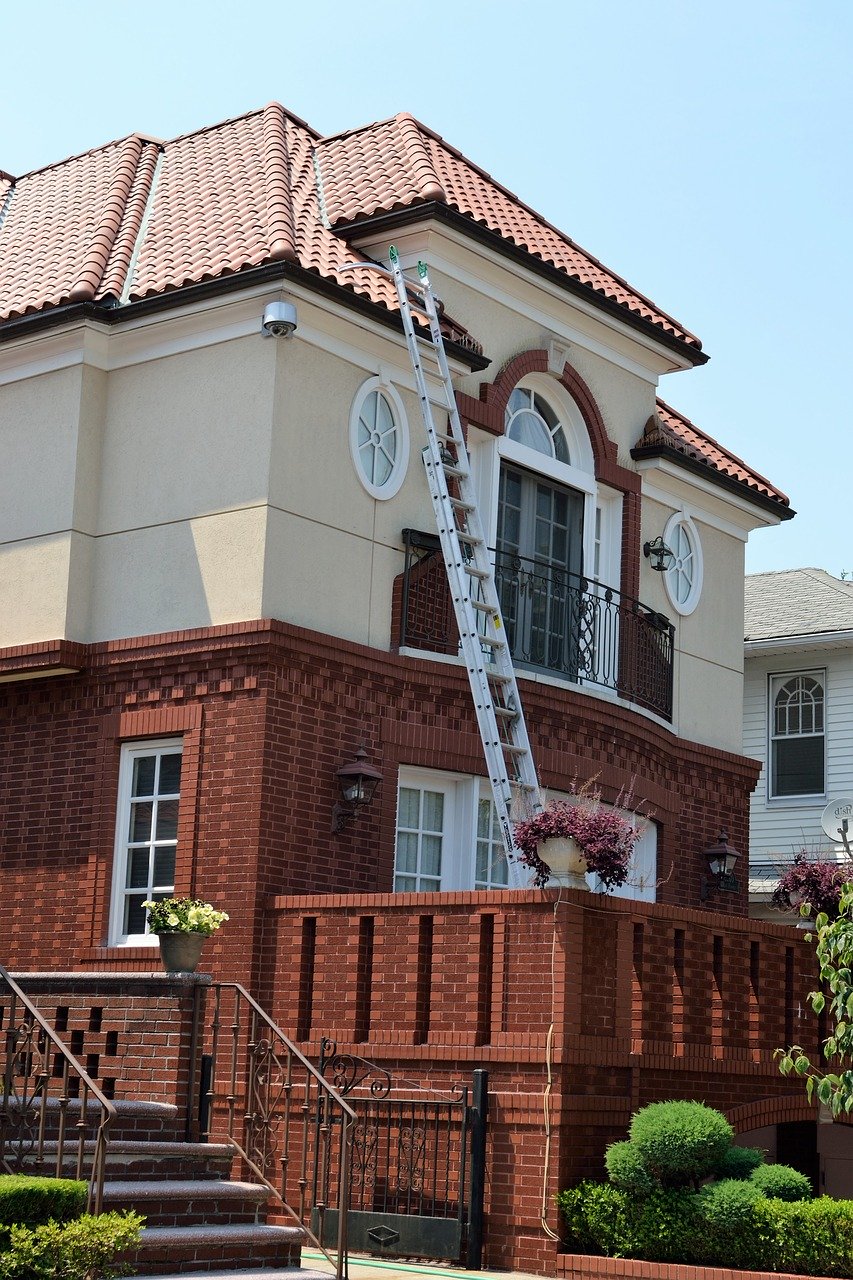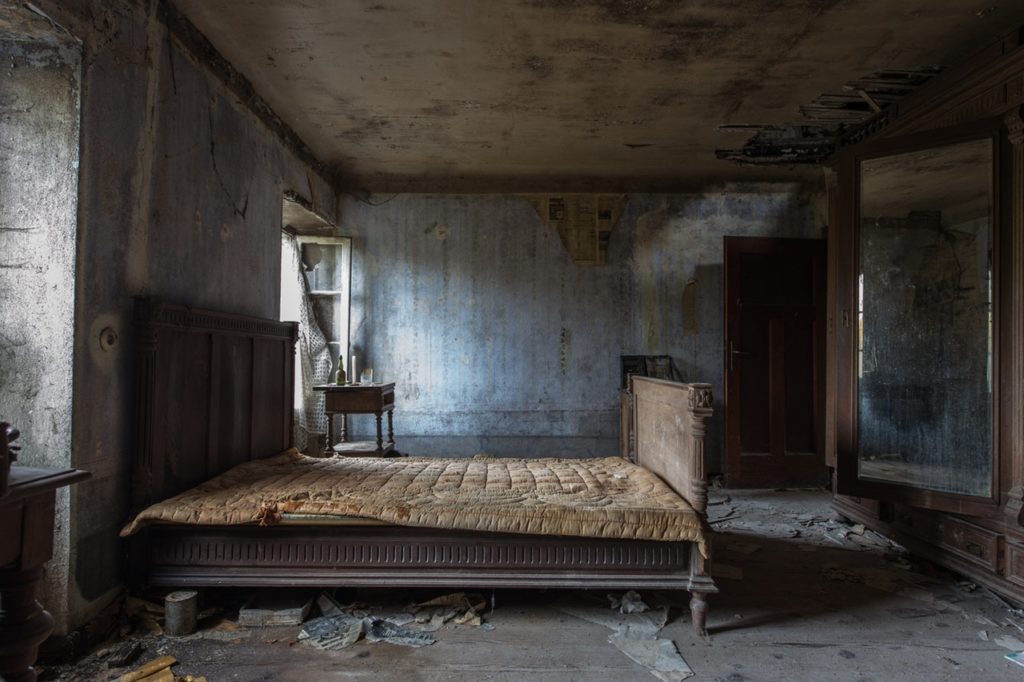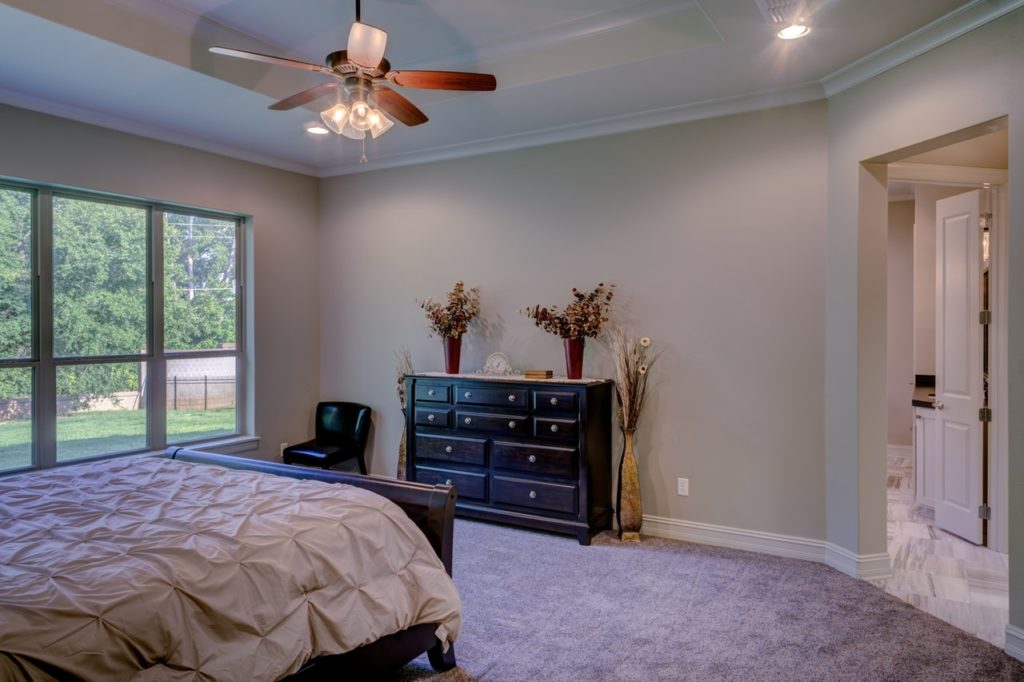Being a landlord is rewarding only if you do it right. You do not want your asset and investment to turn into a liability. Getting your property rent-ready is an integral part of property maintenance that requires your careful attention. Sometimes, if you are short on cash, you even have to go DIY and save money by getting scratch and dent appliances from a used appliance store.
So, how do you go about the process? Here is our quick guide for you.
Make Any Structural Repairs
You will find it easy to make repairs before you put your house on the market. Fix broken doors and windows, treat the damp areas, and re-paint the interior and exterior of the property as needed.
Clean the Property Thoroughly
This is an essential part of getting your rental property for tenants. Clean the house from top to bottom, preferably with a steam cleaner that you can hire to make the floors, furnishings and the curtains look almost new.
The bathroom and kitchen deserve your special attention and do not leave any trace of damp stains or mold anywhere. Your tenant would agree to keep the property in the same condition as they found when renting the house (there might be some wear and tear of course). But you should do your part so your tenant is bound to maintain the same standard set by you.
Give the Plumbing a Check
Make sure that the hot water supply, boiler, sinks, toilets, showers, and baths are safe for use.
De-Personalize Your Property’s Décor
You better choose neutral, plain and light-colored painted walls or wallpaper because they might be more appealing with increased durability than bright colored walls or patterned wallpaper. The prospective tenants might also find it easy to imagine their possessions in the property.
Take Good Care of the Garden
You need to tidy the garden and keep it neat and rubbish-free. In case your property has a lawn, you better trim it to keep the area in a good condition. You may leave the tools for your tenants so they can do the same when necessary and this could be added to your tenancy agreement as well.
Prepare Instructions for Your Tenant
If you have any special instructions for your tenant regarding living in the property and using the different appliances, you could prepare a leaflet yourself and leave it in a folder so your tenant could refer to it. This could be about using kitchen appliances, security system, boiler, and so on.
Prepare Your Landlords Insurance
The typical home insurance won’t cover you if you need to claim for damage to the property. Once you have made your tenancy agreement and prepared your energy and gas certificate, you can then apply for a landlord’s insurance. To sum it up, it does take some effort to prepare your house as a rental property. But this is worth it because all of your effort will generate good returns in the long term that might make you a happy landlord!









